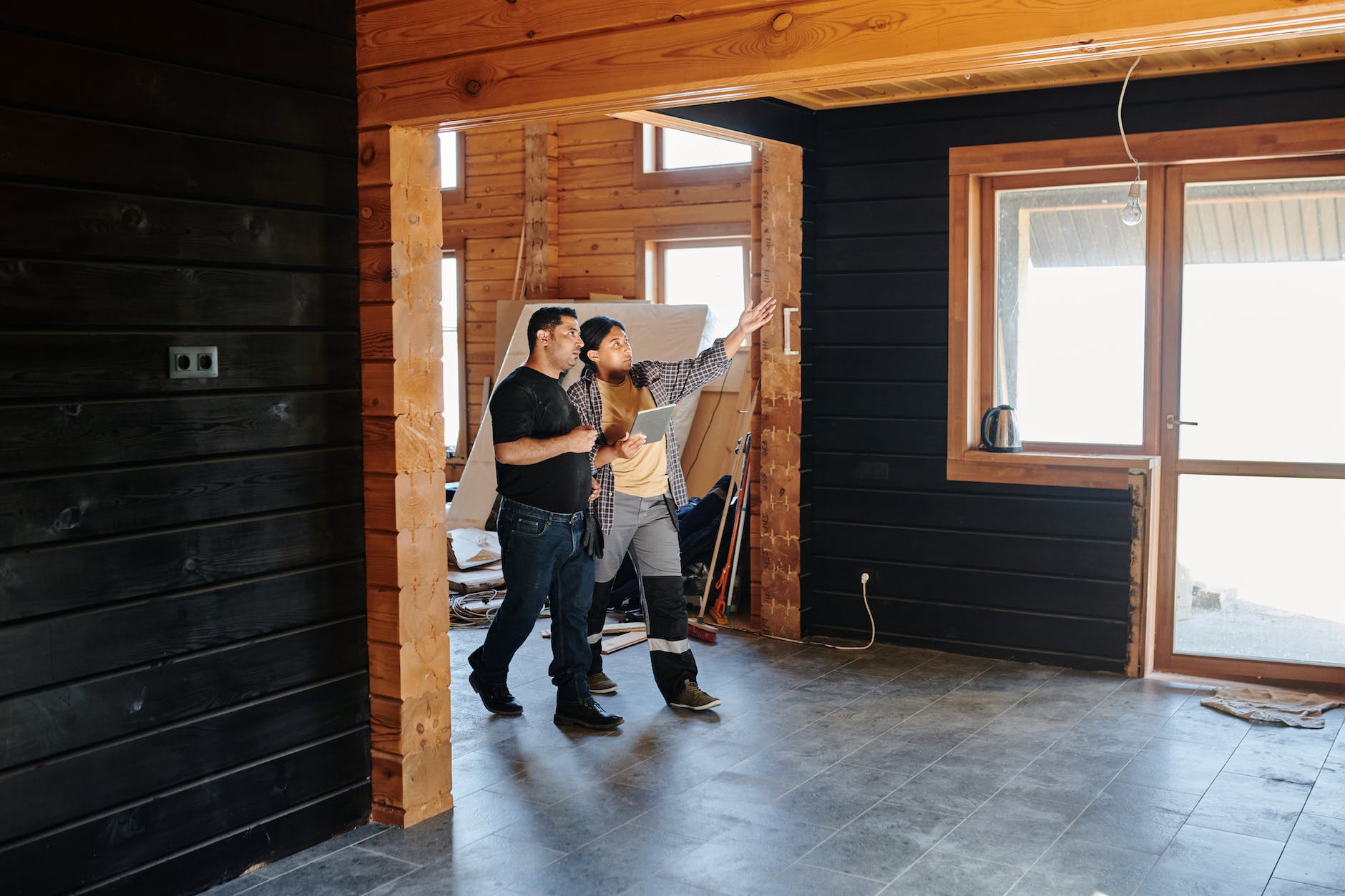Navigating through Contract Disputes in Pennsylvania disputes can be a challenging experience, especially for those unfamiliar with the legal intricacies involved. Whether you’re a homeowner, a business owner, or a contractor yourself, understanding the common questions surrounding contractor disputes in Pennsylvania is crucial. In this article, we will delve into frequently asked questions, providing you with insights and guidance on how to handle various situations.
Contractor Disputes in PA – Frequently Asked Questions
(Click the Questions Below for More Information)
Damages in a contractor dispute can include the cost of fixing the contractor’s mistakes, any additional work required, and compensation for any inconvenience or losses you suffered due to the contractor’s actions.
In Pennsylvania, navigating contractor disputes requires a combination of knowledge, communication, and legal understanding. One of the primary concerns homeowners face is understanding their damages. These can encompass various costs arising from subpar work or project delays. Assessing discrepancies in the agreed-upon scope of work is crucial; meticulous documentation of deviations is essential for building a strong case.Homeowners also need to be aware of their rights concerning project delays and work quality issues. Delays can incur additional expenses, and dissatisfaction with work quality necessitates clear communication with the contractor, supported by detailed evidence.
Crucially, understanding Pennsylvania’s lien laws is vital. Contractors and subcontractors can file mechanic’s liens if unpaid, potentially leading to legal complications. Preventing future disputes involves diligent contractor research, clear contracts, regular communication, and periodic inspections.
For more information on Damages in Contractor Disputes READ MORE HERE
To determine if the contractor is at fault, you should gather evidence such as contracts, photographs of the work, and communication records. This will help establish whether the contractor failed to fulfill their obligations.In the realm of home improvement projects, navigating contractor disputes in Pennsylvania demands a strategic approach and understanding of key principles.
Homeowners are urged to thoroughly review contracts, ensuring they comprehend payment schedules, project timelines, and work descriptions. Clear communication and documenting the project’s progress are highlighted as essential tools in addressing subpar work quality or project delays. The guide emphasizes the significance of open dialogue, encouraging homeowners to voice concerns promptly and seek transparent explanations for unexpected costs.
Furthermore, this underscores the importance of verifying a contractor’s license and insurance, emphasizing the role of reputation research in making informed hiring decisions.
For more information on Damages in Contractor Disputes READ MORE HERE
For more information on Poor Work in Contractor Disputes READ MORE HERE
For more information on whether it’s a good decision to sue in Contractor Disputes READ MORE HERE
The duration of a contractor dispute resolution can vary widely based on the complexity of the case and the legal processes involved. It’s best to consult with a lawyer for an estimate based on your specific situation.
For more information on How Long a Contractor Dispute may take READ MORE HERE
For more information on whether you need a lawyer in Contractor Disputes in Pennsylvania: READ MORE HERE
If you believe you have suffered legal damages because of a contractor dispute in Pennsylvania, Lee Davis is here to help. With his expertise, dedication, and approach, he helps people seeking justice and fair compensation. Contact Lee Davis today directly at 412-781-0525 for a confidential consultation.



